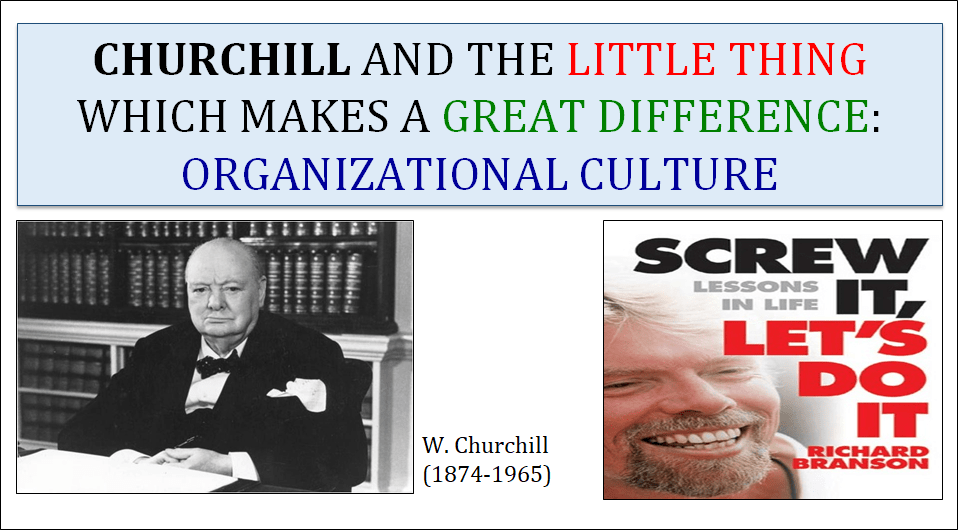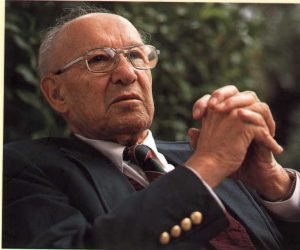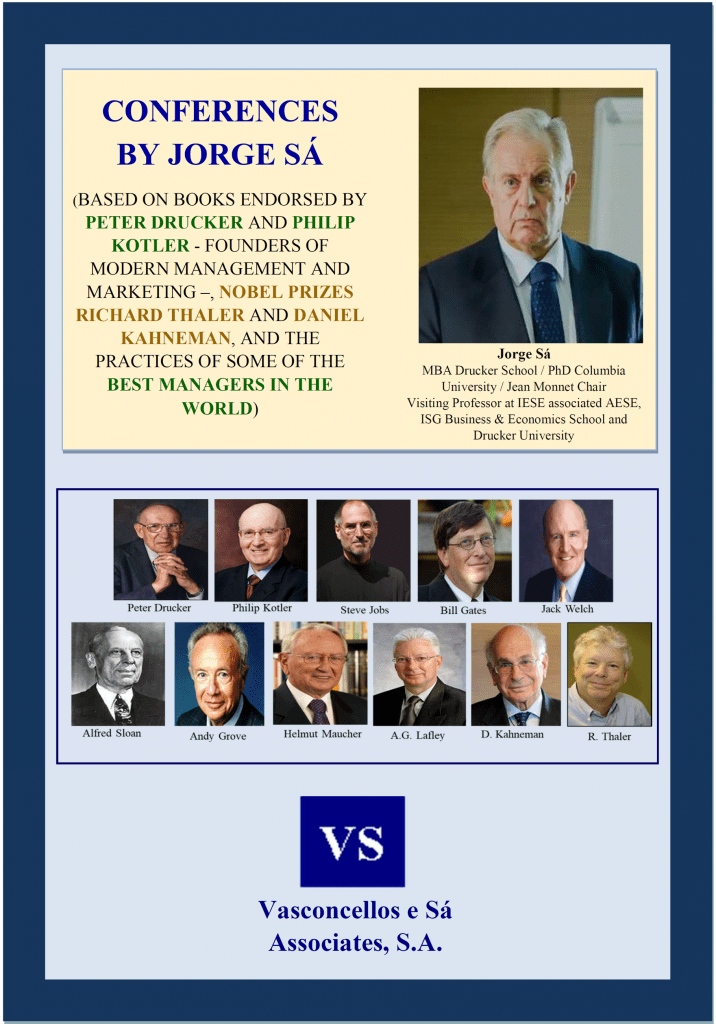Professor Jorge Sá is a speaker on the following topics: Drucker concepts; Kotler concepts; strategy (corporate and business for product/brand managers); and others (leadership, staffing, etc.).
His conferences are based on books endorsed by Peter Drucker (founder of modern management) and Philip Kotler (founder of modern marketing) and others.
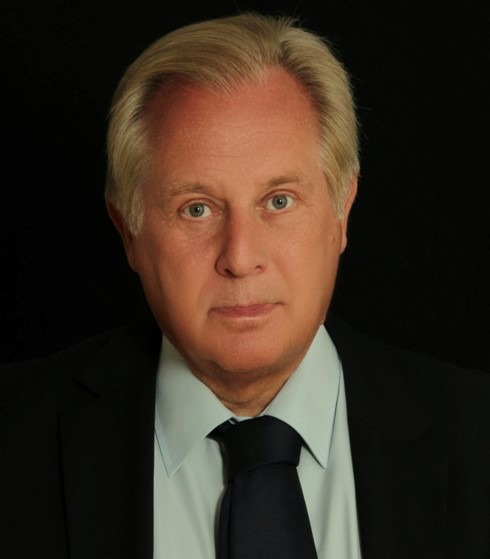
Professor Sá at TED USA
Professor Sá style (silent)
Conferences topics: Drucker, Kotler, strategy, and others (leadership, staffing, etc.)
Nothing changes: Drucker’s questions to create competitive organizations are eternal
An extension of the TED talk (link: https://youtu.be/SOkjPVi1Fts): in a constantly changing world great questions remain as actual as ever: who is the client, where is the client, what is value (and equally important, non-value) for the client, what are the client’s unsatisfied needs, if we were to decide today would I enter the same businesses I am in and if not what am I going to do about that, etc.
Good questions remain. Only the answers change with time. Thus a good question is half an answer (Francis Bacon) and a man should be judged by his questions, not by his answers (Voltaire).

Link for the TED USA conference on this topic: https://youtu.be/SOkjPVi1Fts
Peter Drucker on how do I want to be remembered? How can I make a difference?
Many motivational talks focus on examples of who plunged to the greatest depths of the oceans, conquered the thickest forests, or climbed the highest mountains.
This conference centers on the management tools which enable us to make a difference and thus leave a legacy to be remembered for.
Those instruments are simple. Within anyone’s grasp. And through a common link directly impacting on the multitude of today’s problems: from population growth to poverty.
Regardless of how insignificant a job (seems) to be. And according to Peter Drucker, the founder of modern management.
Peter Drucker on corporate strategy
How multibusiness organizations go about defining their strategy (11 steps) in order to create synergy (rather than anergy)
Based on:

Philip Kotler on business strategy for brand/product managers
The 14 strategic moves (6 of attack and 8 of defense) and how to implement them; one can win with ten and loose with one hundred (P. Kotler)
Based on:
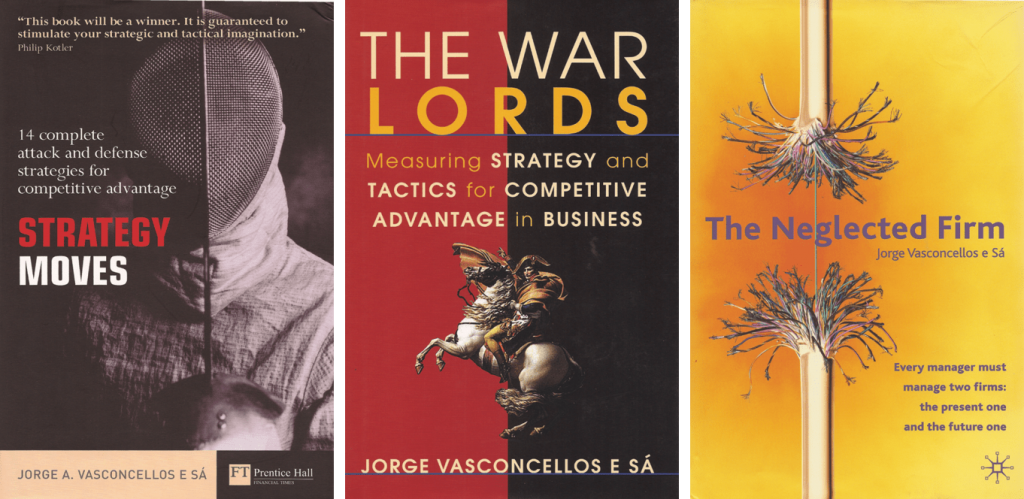
Peter Drucker on staffing: putting the right person in the right place and building great teams
Staffing: how to build great teams by:
- Forgetting weaknesses and focusing on strengths;
- Ignoring human relations/teambuilding and concentrating on the key factors of the jobs to be done; and
- Rather than knowledge focusing on the required temperament: most business functions accept a second rate intellect but require a first rate temperament (P. Drucker)
Based on:
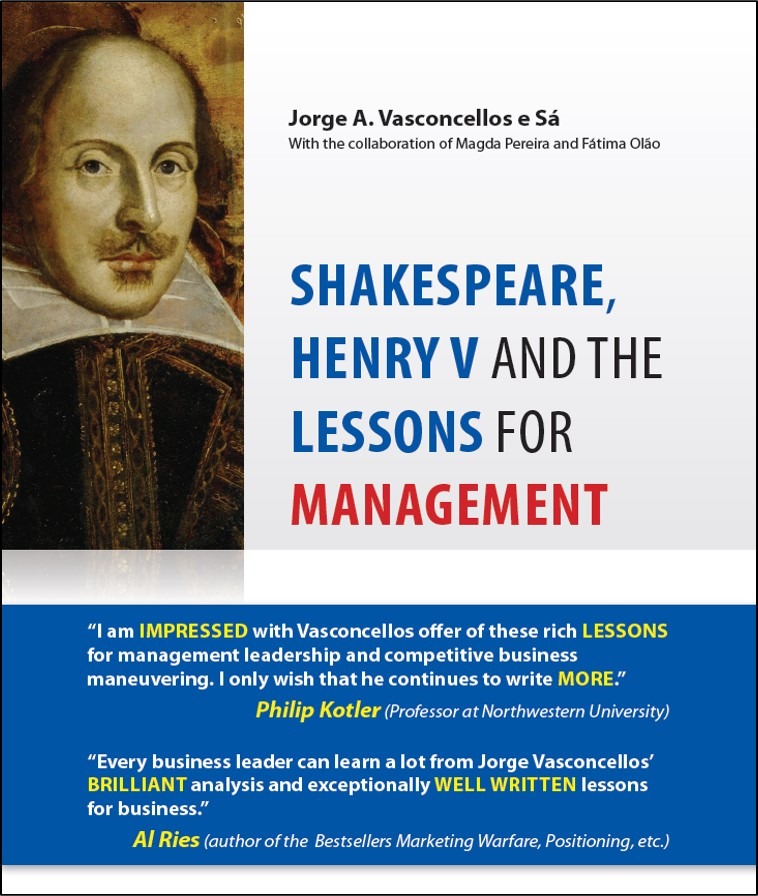
Peter Drucker on effective leadership: what really matters
Leadership is as popular as a placid subject. However the examples of Katharine Graham (a housewife heir to the Washington Post), or of Darwin Smith (a discreet lawyer who as CEO transformed Kimberly-Clark into one of the most admired companies in the world), demonstrate that what truly matters for effective leadership is frequently plainly missed.
Only two behavioural traits (not personality types much less charisma) and also two management skills, are absolutely necessary conditions for great leaders.
That is the message of Peter Drucker, the founder of modern management.
Based on:
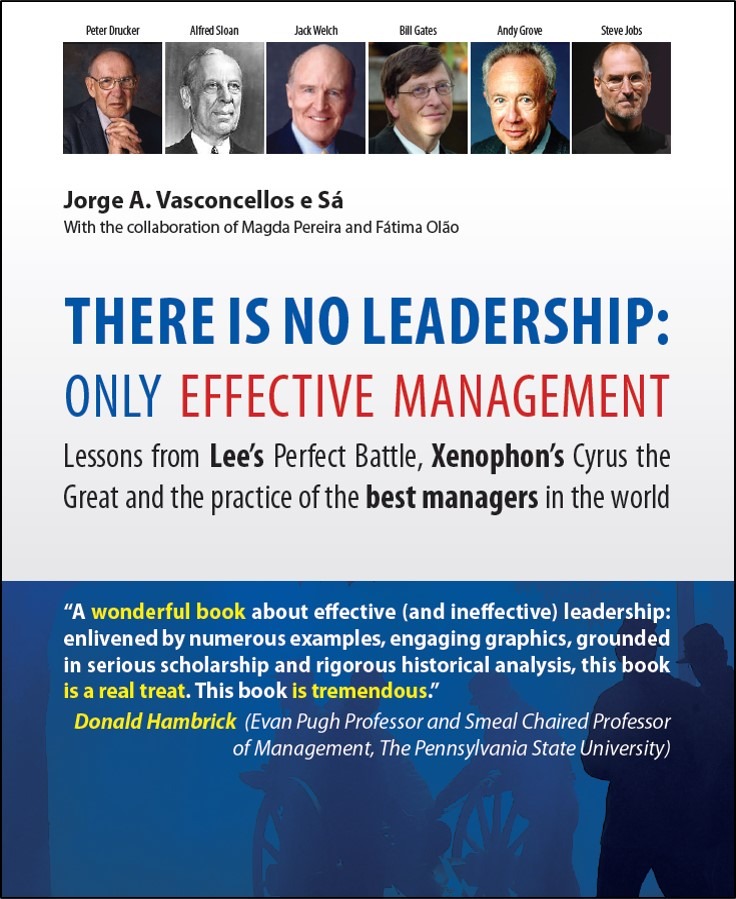
Peter Drucker on how to manage clients and make (the five sections of) a marketing plan
The purpose of a business is to create a customer (P. Drucker)
Based on:
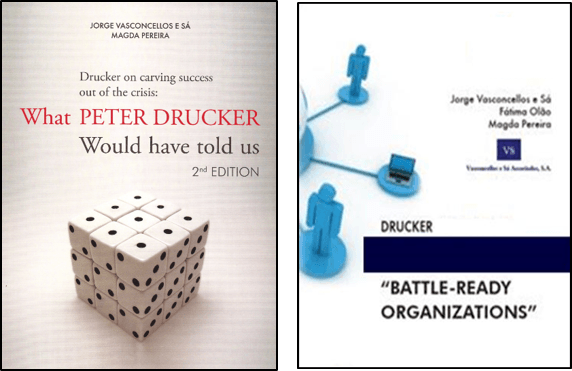
Peter Drucker on entrepreneurship and innovation; the PISA method to create:
- Unicorns;
- Simple (without great technical complexity);
- By assessing people’s emotions, not reasoning;
- Based on opportunities which come to us (instead of creating them); and
- Solutions which already exist rather than inventing them
“The key to great innovations is to be simple, not bright.” (Peter Drucker)
Based on:

Why the top ten countries in the world have 60 times the GDP per capita of the bottom ten? : countries are companies
Why is Singapore, Iceland, Luxembourg, Ireland, Taiwan or Netherlands, although absolutely dispossessed of natural resources, among the wealthiest countries in the world?
Presented with very simple diagrams (but based on rigorous statistical research) the results explain 90% of the GDP per capita variance among a large sample of countries over a long period.
Countries as a whole (private sector + social + public + non working population) are seen as companies (after all there are many multinationals larger than countries) with marketing, strategy, human resources policies, etc. (all business administration areas) operationalized by official statistics or NGO indexes.
There are no underdeveloped countries, only undermanaged ones (Peter Drucker).
Based on:
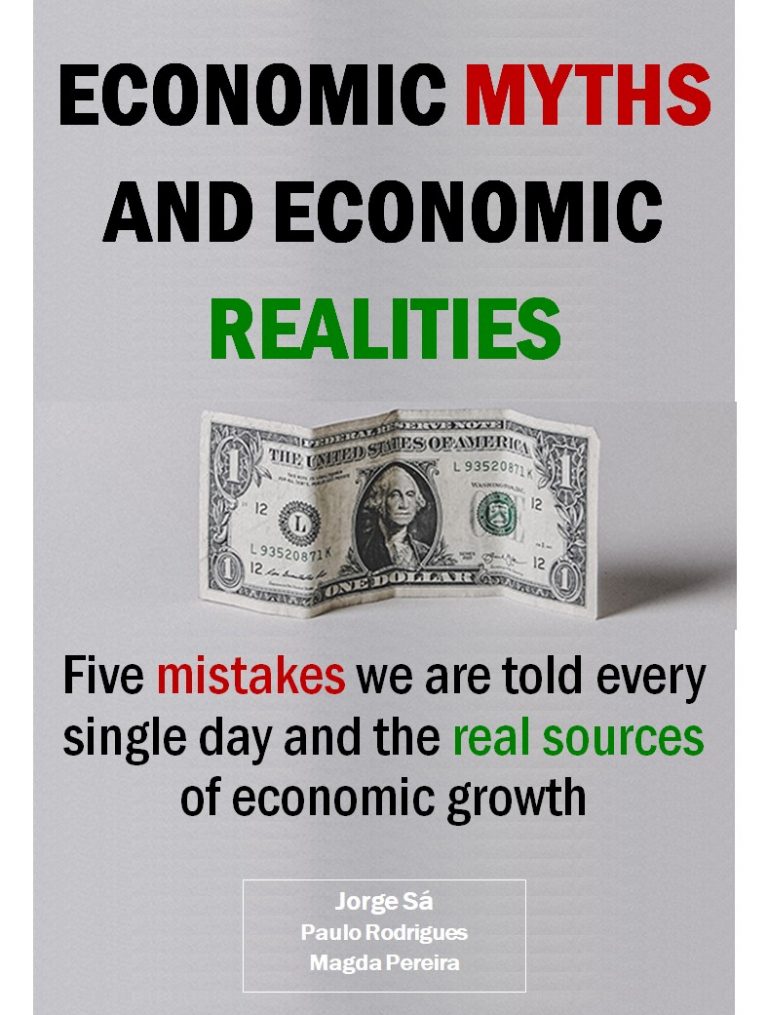
Other conferences
Success in the middle of the crisis
Which among the 615 segments in the economy accelerate their growth during any type of crisis? (subprime, Covid and now Ukraine war)
Based on:
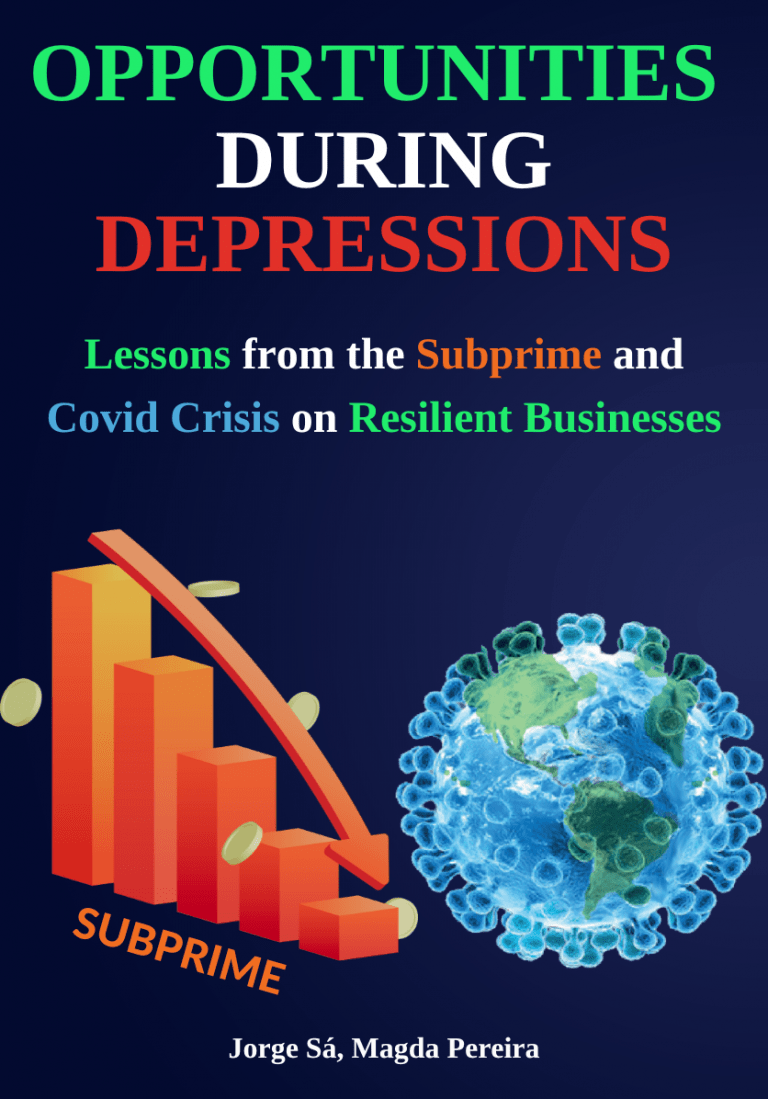
Trade Wars as opportunities
Finding the best niches among 140.400 alternatives (5400 niches x 26 european countries) for deals and list of importers
Based on:

Lessons from Nobel Prize winners Kahneman and Thaler (prospect theory) on managing clients irrationality
The revolution on all areas of business administration.
Based on:
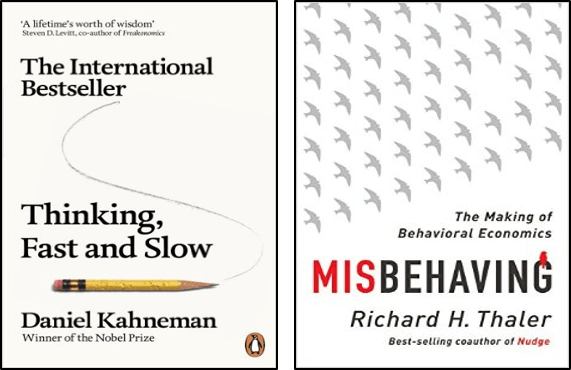
Internationalization: key sucess factors
Lessons from the best Japanese, European and American companies. What is common to all their successes? What were the rules they followed?
Based on:
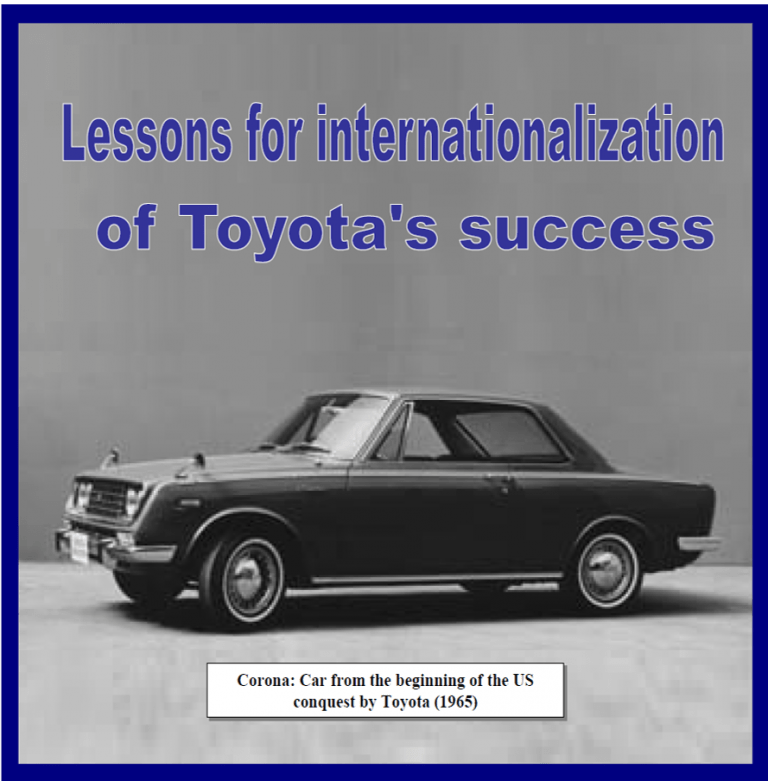
European competitiveness
Comparing the competitiveness of the European Union, the USA, Japan and other economic blocks: causes and forecasts
Based on:
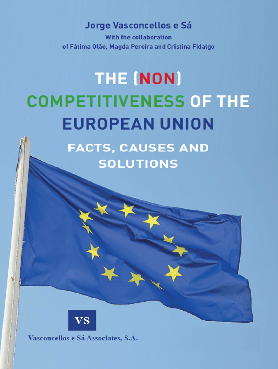
Focus and time management
The methods of Eisenhower and Drucker: if you can’t manage time, you can’t manage anything.
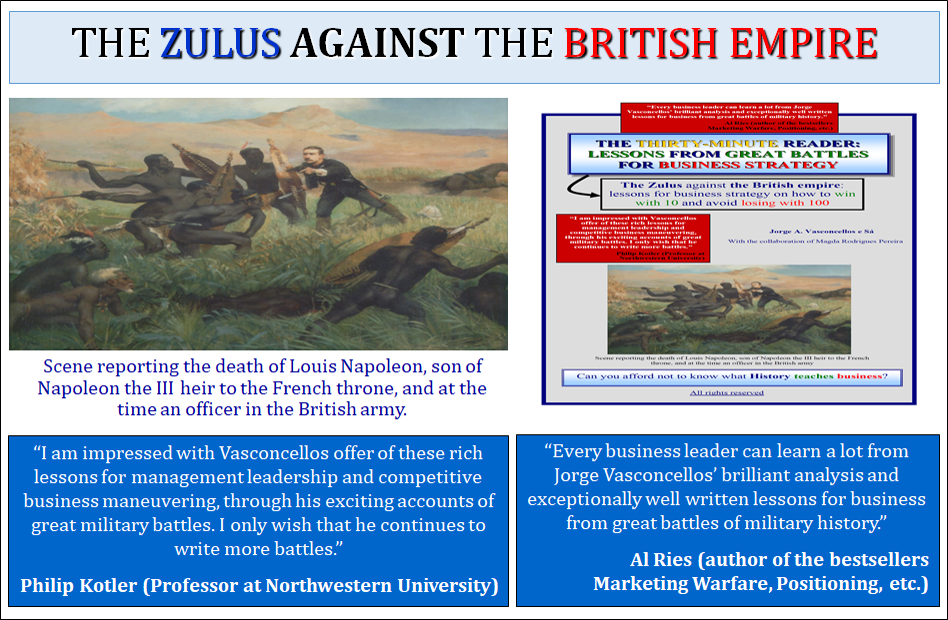
Churchill and how to create a strong organizational culture
Attitude is a small thing which makes a great difference: how to create an organizational culture based on work ethics.
